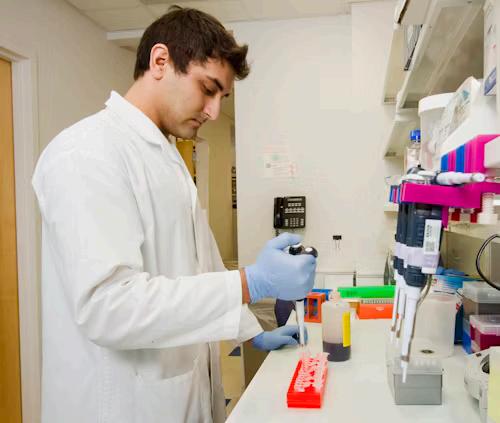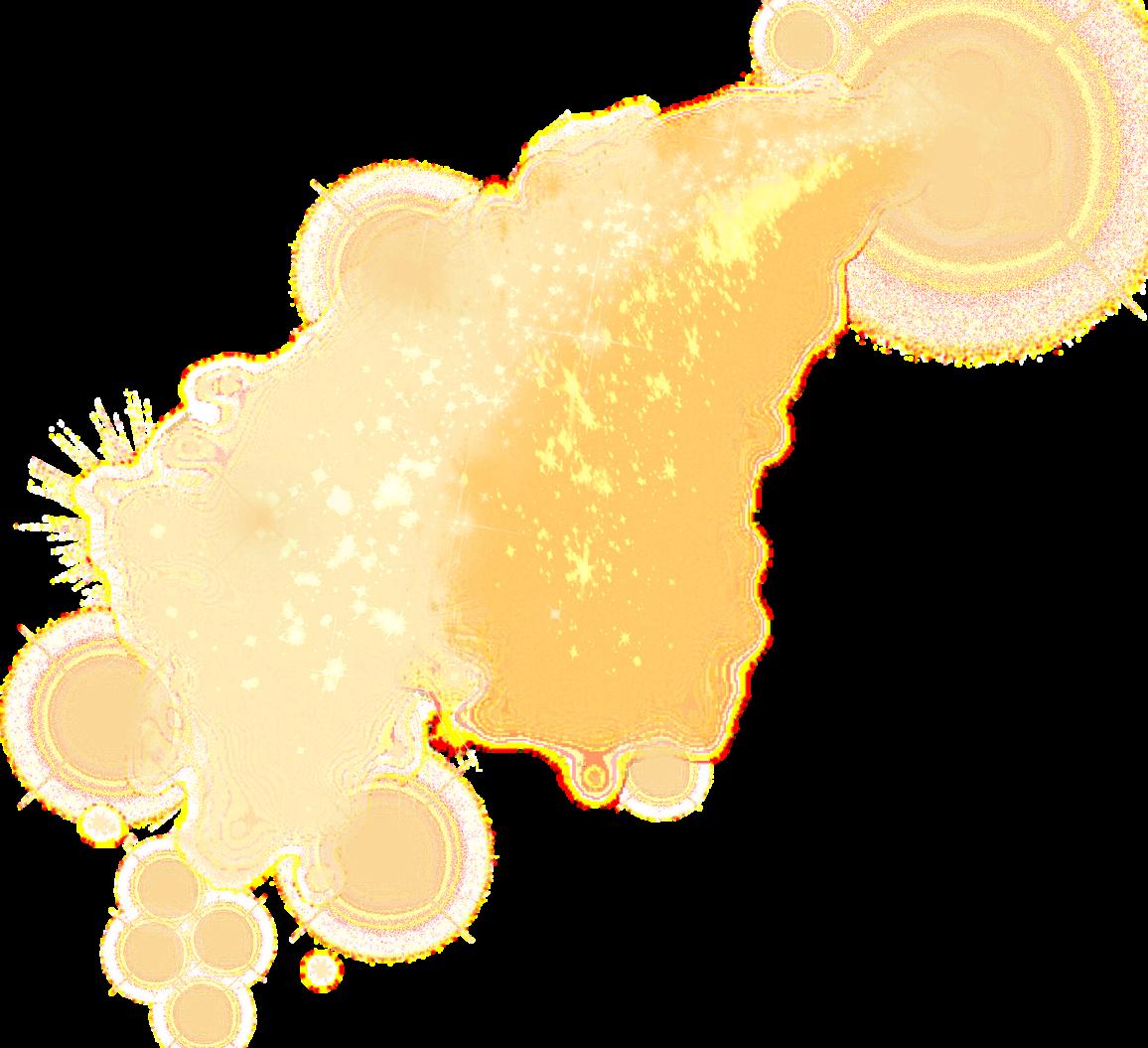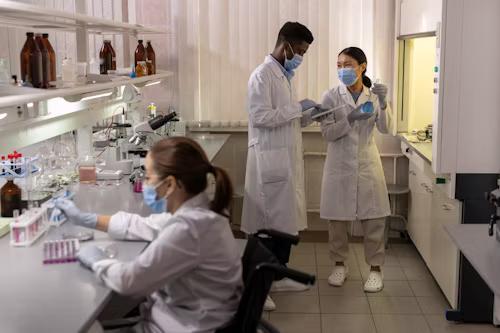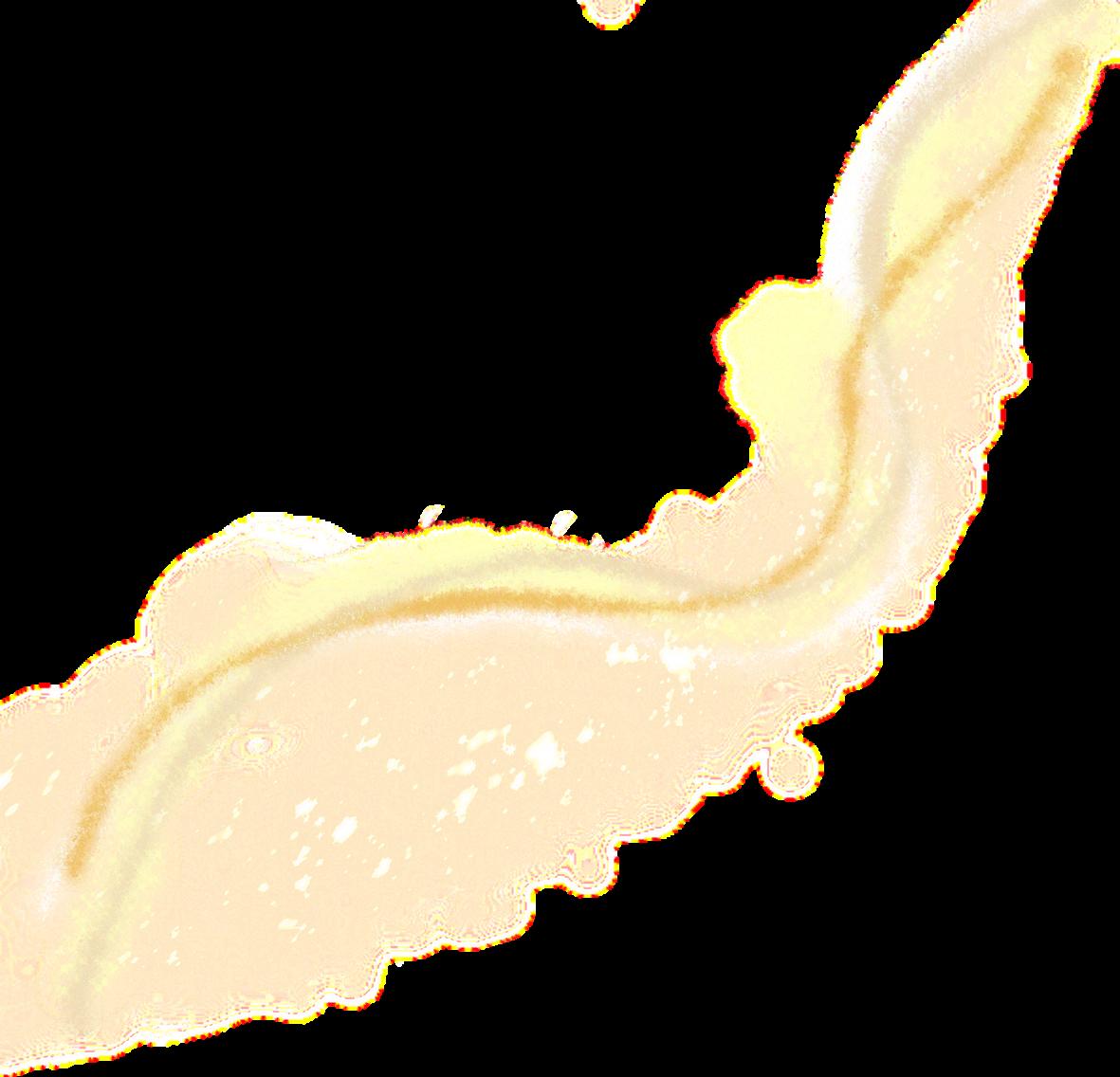







Due diligence is the process of carefully investigating and verifying information before making a decision, al, or financial contexts. It nalyzing relevant details to s, and ensure there are no ituations, due diligence might statements, evaluating legal ending litigation, analyzing nd understanding the target




Explanation:
Pharma companies must navigate stringent regulations from authorities like the FDA (US), EMA (Europe), etc. Each country has different rules and approval pathways.
Why due diligence matters:
A product might seem promising but could be delayed or rejected if it doesn't meet specific regulatory standards. Due diligence helps assess the current regulatory status, pending approvals, and potential risks of non-compliance.
Explanation:
Patents protect a drug’s market exclusivity without it, generic competitors can enter the market and reduce profits.
Why due diligence matters:
Due diligence ensures the patents are valid, enforceable, and not infringing on others. It also checks how long exclusivity will last and if freedom-to-operate (FTO) exists.
Explanation:
The pharma industry heavily relies on collaborations big pharma often licenses assets from biotech startups, or acquires companies to expand their pipelines.
Why due diligence matters:
These deals involve complex contracts and future obligations. Due diligence confirms the true value of the asset, the terms of the partnership, and the risks involved.




NDA Signing
Information Request List
Data Room Access
Team Assignments
Site Visits & Interviews
Reporting & Risk Assessment
Final Go/No-Go Decision




